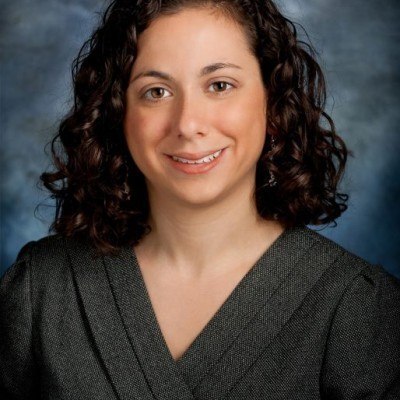What happens when someone who provides an important resource for a community is no longer able to do so? How is her role and wisdom passed on?
The Israelites face this challenge upon Miriam’s[1] abrupt death in Parashat Chukkat. The verse immediately following her death notes, “The community was without water.” A Rabbinic midrash connects the lack of water to Miriam’s death by describing how, when she was alive, Miriam’s presence merited a traveling well that sprung up and provided water for the Israelites during their 40 years of wilderness travels. It was only when she died that the people were left without easy access to this life sustaining force.
After Miriam’s death, the vulnerability of the Israelites in their struggle to find water takes a central role in the Torah portion.
First, the Israelites complain to Moses and Aaron for taking them to a place where, without water, they are sure they will perish.[2] God provides Moses with instructions for retrieving water. Moses, however, is frustrated, and perhaps distracted by the complaining. Instead of following the instructions, yells at the people, calls them rebels, and hits a rock with his staff. Although the water springs forth, Moses’s temper costs him entry into the Promised Land, as God tells Moses and Aaron, “Because you did not trust Me enough to affirm My sanctity in the sight of the Israelite people, therefore you shall not lead this congregation into the land that I have given them.”[3]
In a second instance, Moses sends messengers ahead to find out if the Israelites can safely pass through the land of Edom. They plead with the King of Edom to let them pass through and they promise to pay for any water that they or their cattle might drink along the journey. Despite their plea, the king refuses their passage.
And in a third instance, following the death of Aaron, as Moses is trying to figure out a new route for the Israelites to take, the people complain to Moses, “Why did you make us leave Egypt to die in the wilderness? There is no bread and water…”
While the midrash teaches that the water dried up when Miriam died, we are left wondering why the Israelites did not know how to invoke the presence of the well. Miriam knew how to bring the water forth, but this knowledge was not transmitted to the rest of the Israelite community. Why, despite the many years of using the well that traveled with Miriam, did the Israelites fail to learn how to appropriately and effectively access the well themselves?
Perhaps Miriam did not know how to pass her wisdom onward. Perhaps she tried to teach others, but they were too busy to pay attention. Or perhaps each Israelite assumed that “someone else” would be responsible for bringing forth water, and so no one took the initiative to learn. Whatever the reason, it seems that there was no infrastructure that supported this transmission of wisdom; there was no way to preserve the knowledge and pass it on to others.
We know today that there are Miriam-like figures everywhere. There are Miriams who have leadership capacities, skills, and abilities that are central to their communities’ functioning. There are Miriams whose voices are not recorded and whose leadership skills are taken for granted, and only noticed when they are gone and their communities are suddenly in crisis.
When we give our time, resources and money to help others around the world, we should strive to support progress that will be sustainable. We must identify the Miriams who are holding the wisdom that keeps communities functioning, and help ensure that systems are in place to share this wisdom. We need to resist providing temporary fixes for immediate needs that increase dependence, and instead foster independence by empowering those in the community to share their wisdom and skills in order to create sustainable systems that can be run by others.
Miriam had a legacy to leave behind, but it tragically died with her, leaving the Israelites in crisis. We should do the sacred work necessary to support communities by making sure that their Miriams are able to transmit their wisdom l’dor v’dor, from generation to generation. We must aspire to be part of and support communities in which the Miriams of today are empowered to teach others, and in which everyone is empowered to learn. The power to bring water need not rest in the hands of one person; this life-saving force can be shared.
[1] Moses and Aaron’s older sister
[2] Numbers 20:1-2
[3] Numbers 20:12

